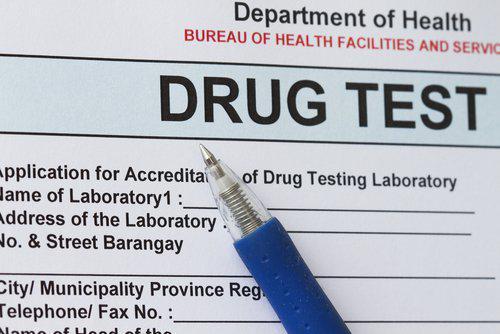Welfare Drug Testing and the Constitution
 Governor Walker announced during his recent campaigning that he was planning on introducing drug testing for people who receive welfare or unemployment benefits. The idea behind the plan is to weed out the recipients of government funds who are using those funds to support drug habits. This has led to much debate about whether the policy is a good idea, but it has an even more basic hurdle to clear; it may not be legal. The core of Governor Walker's problem is the Fourth Amendment, which protects people from unreasonable searches. The fact that a person is receiving state benefits likely does not give the government the right to assume they are engaging in criminal activity.
Governor Walker announced during his recent campaigning that he was planning on introducing drug testing for people who receive welfare or unemployment benefits. The idea behind the plan is to weed out the recipients of government funds who are using those funds to support drug habits. This has led to much debate about whether the policy is a good idea, but it has an even more basic hurdle to clear; it may not be legal. The core of Governor Walker's problem is the Fourth Amendment, which protects people from unreasonable searches. The fact that a person is receiving state benefits likely does not give the government the right to assume they are engaging in criminal activity.
Constitutionality of Suspicionless Drug Testing
The real issue that the governor's drug testing program would face is the fact that the testing occurs without suspicion of wrongdoing. This makes it notably different from current drug testing regimes, which only test people convicted of prior drug felonies. Courts have generally upheld those sorts of tests. Conversely, drug testing of welfare recipients without some suspicion of wrongdoing has been struck down by federal courts in at least two states, Florida and Michigan.
The federal courts responsible for those states eventually decided that suspicionless drug testing violated the Fourth Amendment rights of welfare recipients. These tests were unreasonable intrusions into people's privacy because the government is not allowed to collect urine samples without probable cause to suspect that the person was using drugs. The courts made these rulings over the argument of the state governments in both cases that the government had an important interest in making sure that the welfare funds were not being wasted.
Why It Still Might Happen
Even though multiple federal courts have struck this type of testing down, Governor Walker's plan may still succeed for two reasons. First, the details of the plan have yet to be released, and the governor's staff is definitely aware of these two court decisions. It is entirely possible that they will design a narrower set of testing rules that will not run afoul of the Fourth Amendment. Even if that does not happen, a quirk of the federal court system may yet save the testing.
Federal appeals courts are divided into 13 circuits that cover the country. Decisions made by one circuit affect all the states that that circuit covers, but other circuits are free to ignore them. By chance, Wisconsin and Michigan happen to each fall on the border between two circuits. This means that the Michigan decision would not bind the Wisconsin court, though the Wisconsin court may still read the Michigan decision and find it persuasive.
Drug charges are serious issues that can affect many different parts of a person's life. If you are facing drug charges and want to learn more about your options, contact an experienced Milwaukee criminal defense attorney today.







